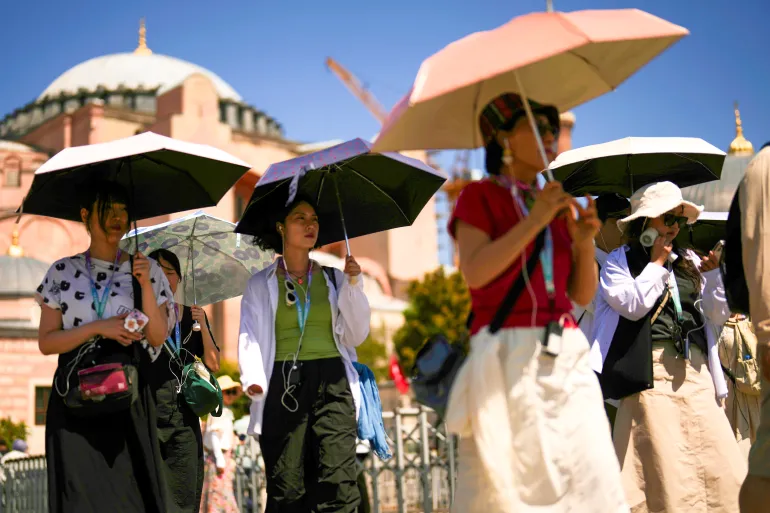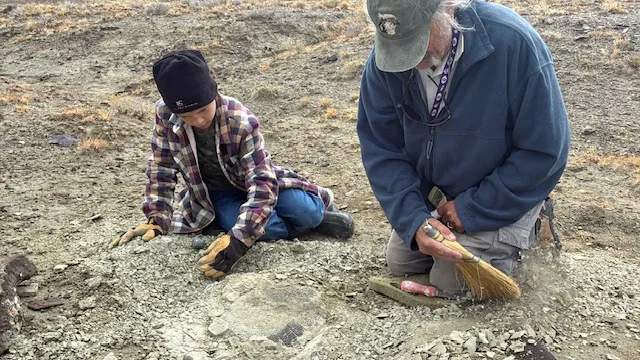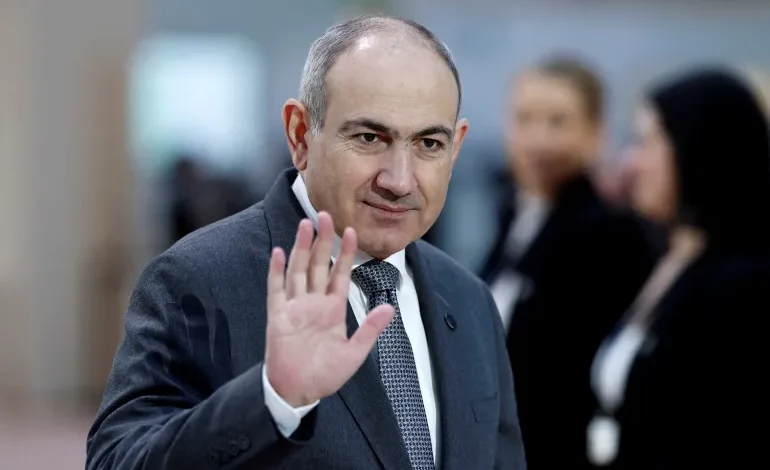In a country where faith and nationhood are deeply intertwined, Armenia’s Prime Minister Nikol Pashinyan is picking a high-stakes fight with the Church.
Over the last few years, Pashinyan’s government has locked horns with the Armenian Apostolic Church (AAC), one of the nation’s oldest and most trusted institutions. But what was once cold tension has now turned into a full-blown political showdown.
At the heart of the clash is chief bishop (also known as Catholicos) Karekin II, the spiritual leader of the AAC. After Armenia’s defeat in the 2020 war with neighboring Azerbaijan, Karekin openly called for Pashinyan’s resignation.
Fast-forward to 2024, and Pashinyan is demanding the Catholicos step down, throwing baseless accusations at him of breaking monastic vows by fathering a child. It’s a personal, sensational claim that conveniently lands ahead of the 2026 parliamentary elections. The Church hasn’t directly responded to the allegation, but AAC leadership says it sees the move as an attack on its autonomy and a bid to silence one of the last remaining conservative voices in Armenian public life.
Church vs. State
To be precise, under Armenia’s constitution, the AAC is recognized as a national institution with a “unique mission” in Armenian society. But constitutionally, church and state are still supposed to remain separate. That line is blurring fast.
According to Pashinyan, his call for the Catholicos’s removal is based purely on church law. But that explanation rings hollow to many. After all, if this is about internal church rules, why is the state stepping in at all?
Critics argue this is about politics, not piety. For years, Pashinyan has pushed out figures tied to what he calls the “old regime,” stacking key positions across law enforcement, the judiciary, and the military with loyalists. The Church,seen as the last stronghold of nationalist and conservative opposition, is now in the crosshairs.
A recent poll by the Caucasus Barometer found that while just 17% of Armenians trust Pashinyan’s government, over 70% trust the Church. That trust gap may explain the timing of the attack: weaken the Church, and you weaken a powerful moral and social counterweight ahead of crucial elections.
Political Gamble With National Risks
Beyond domestic politics, the Church has clashed with the government over foreign policy, particularly on the thorny issue of the breakaway region of Nagorno-Karabakh (Artsakh). In early June, Karekin II called for the return of displaced Karabakh Armenians to their homes, opposing the government’s strategy of promptly signing a peace deal with Azerbaijan and dropping all territorial claims.
Yerevan’s rush to strike a deal may please Western and regional powers, but it’s left many in Armenia uneasy, including the Church.
Pashinyan’s offensive against the AAC comes with another troubling twist: reports suggest that the government may even push for constitutional changes to gain more control over the Church’s operations.
Street Protests, Public Backlash
This is not only a verbal war. On June 5, thousands took to the streets of the capital of Yerevan in support of the Church, demanding that Pashinyan apologize and stop what they see as politically motivated harassment.
With elections on the horizon and a peace deal with Azerbaijan still in flux, Pashinyan may think this is just another political battle. But alienating one of Armenia’s most respected institutions is likely to turn out to be the misstep that finally breaks his grip on power.










The latest news in your social feeds
Subscribe to our social media platforms to stay tuned